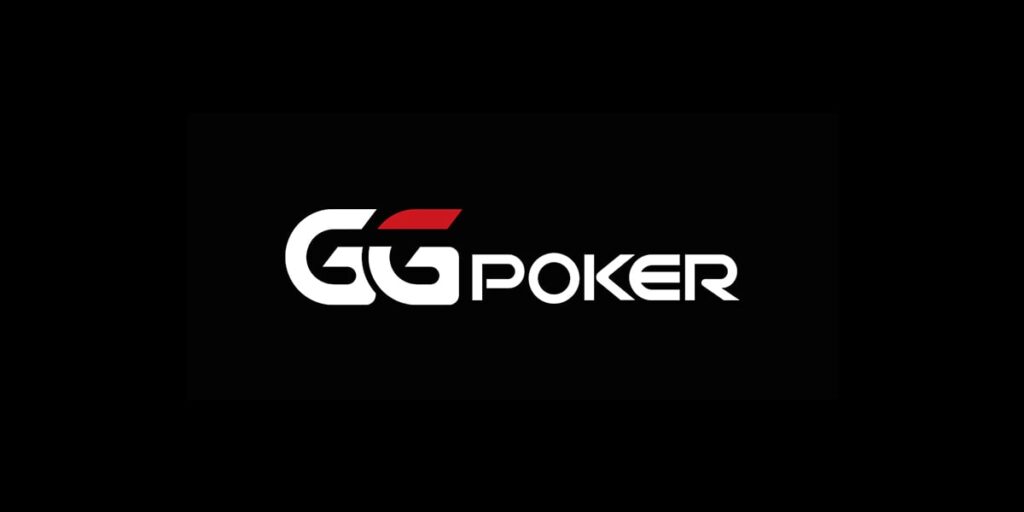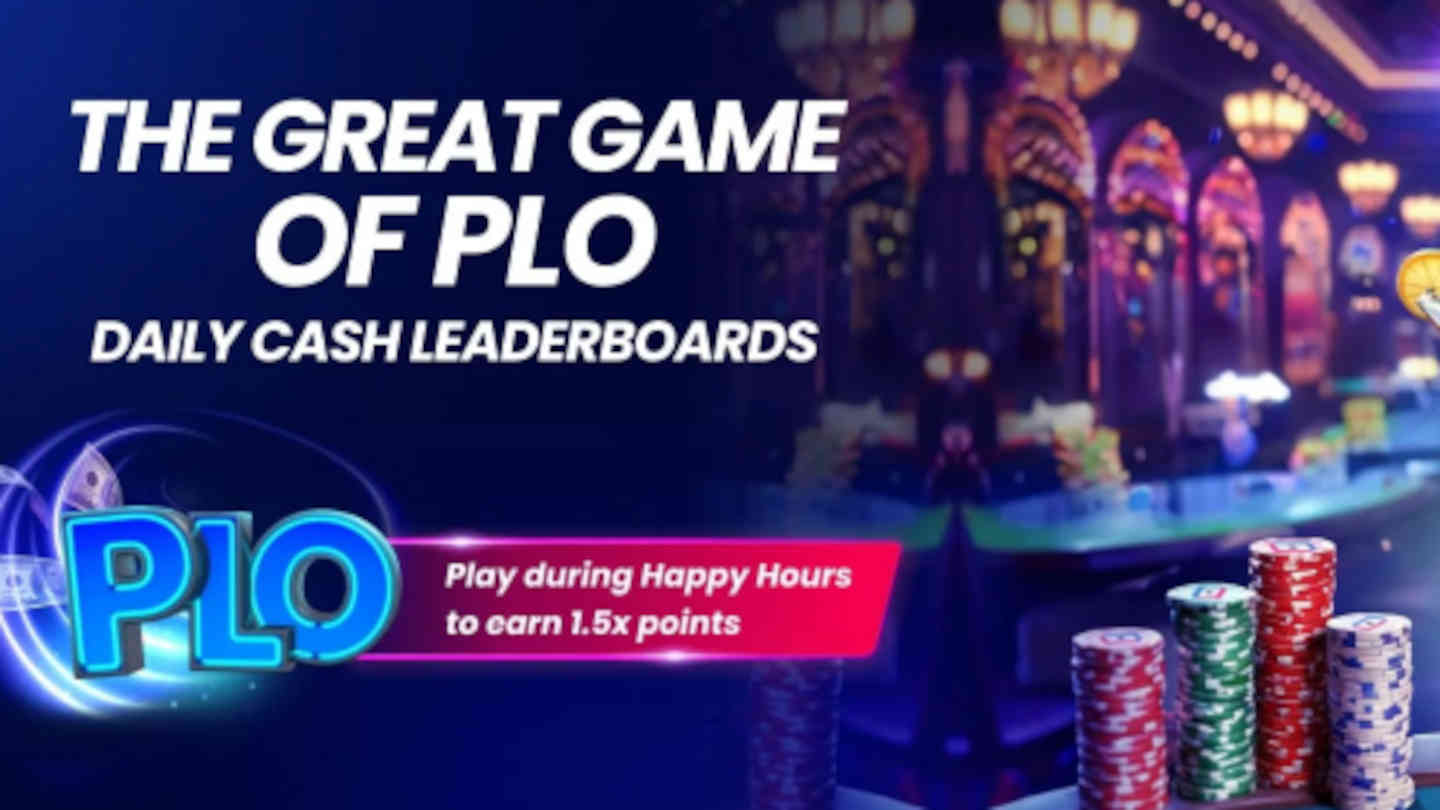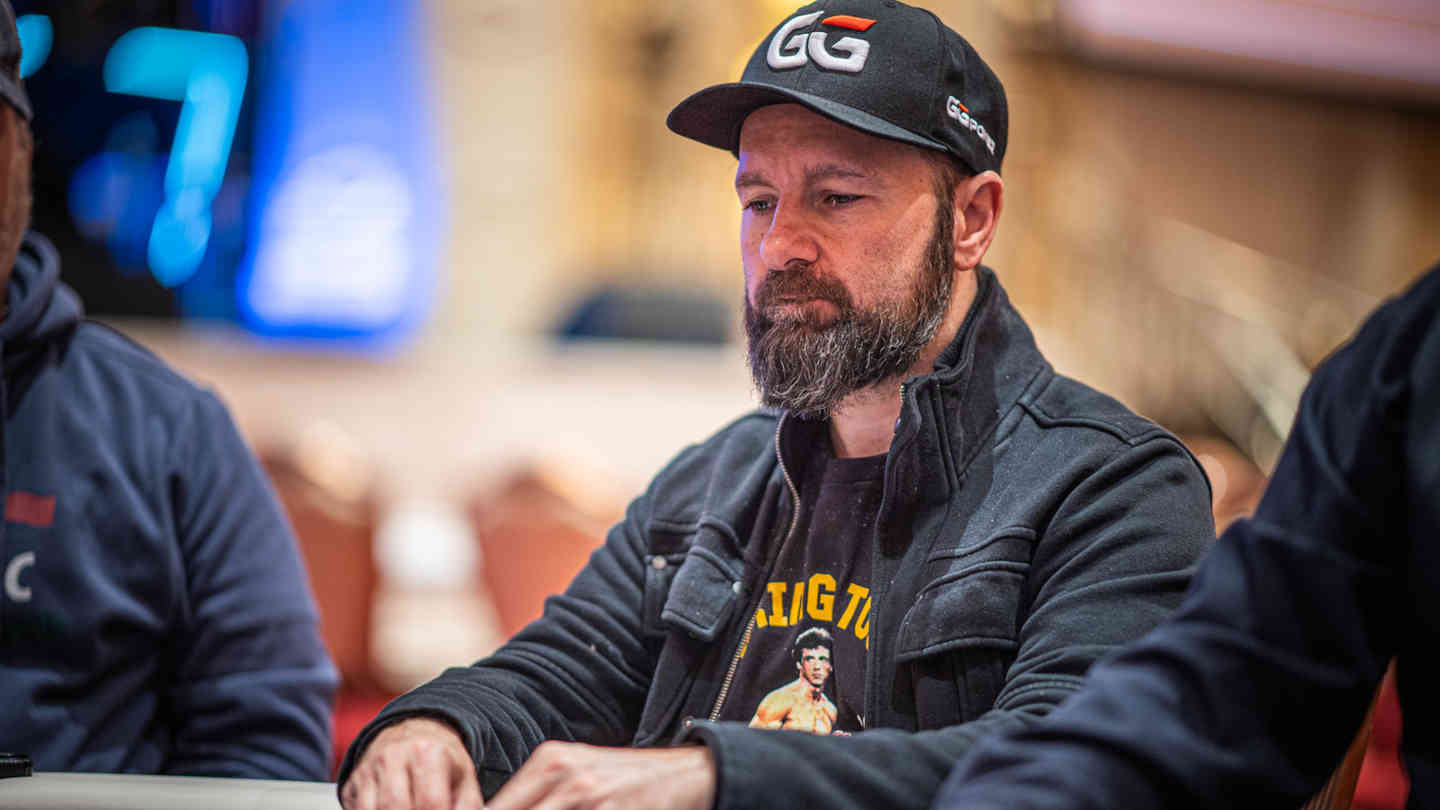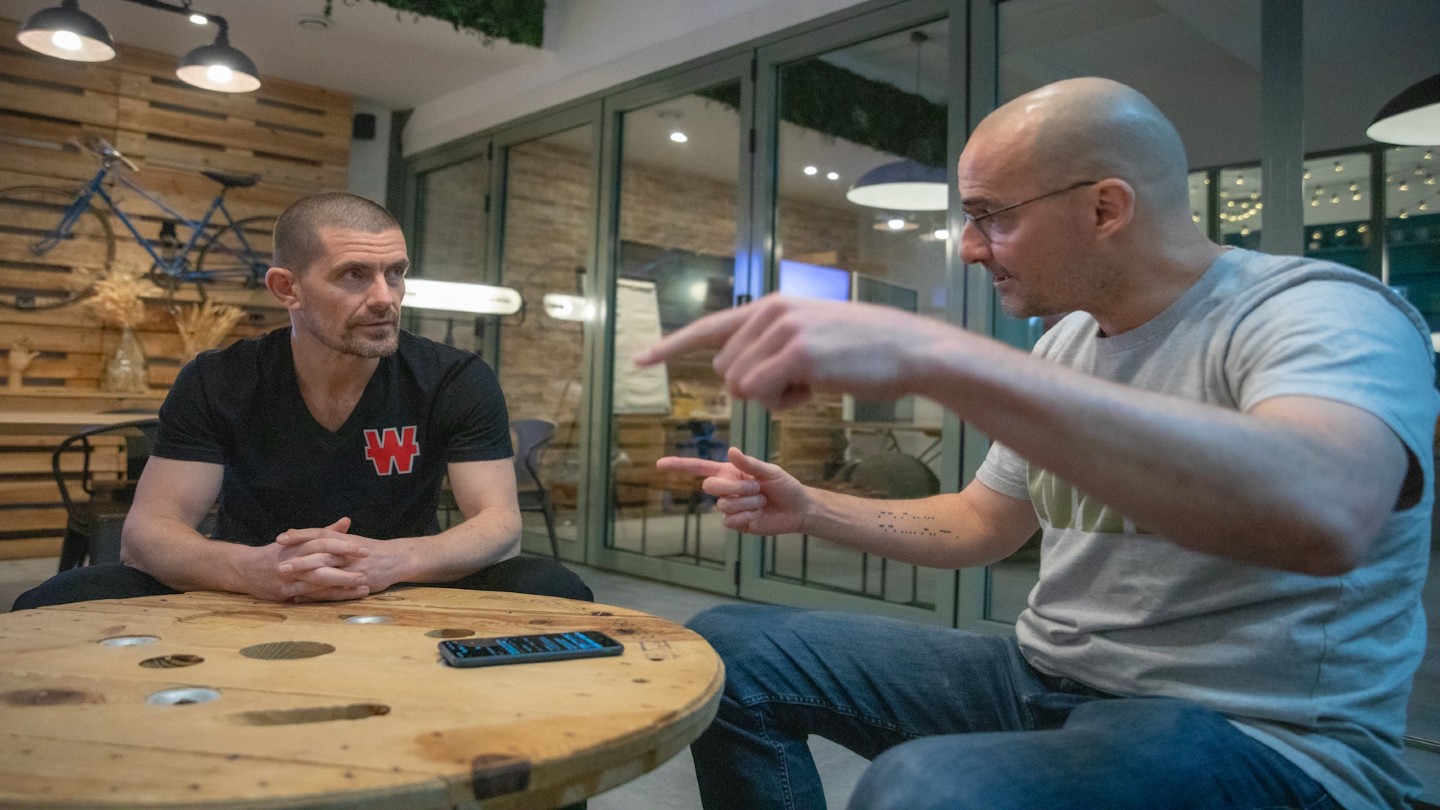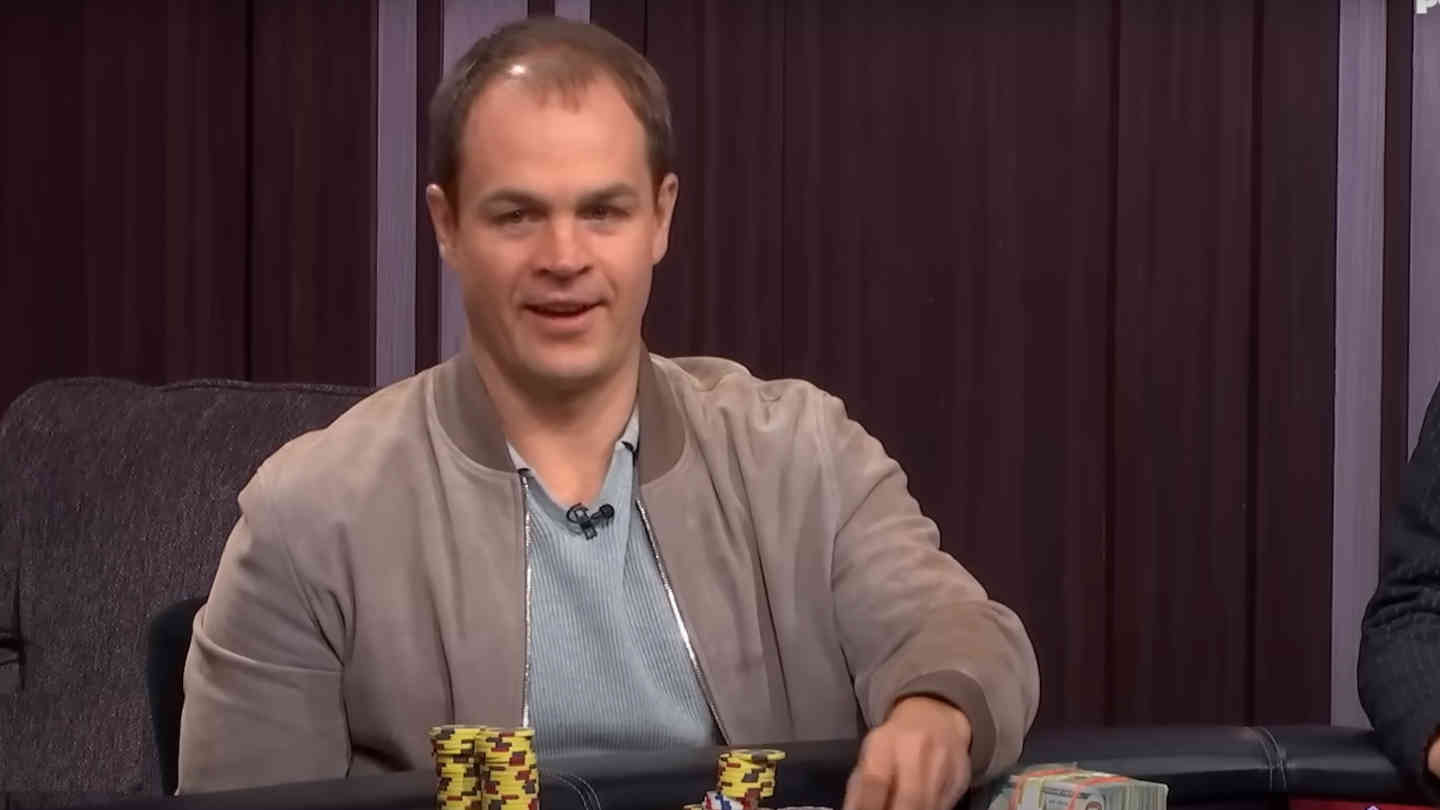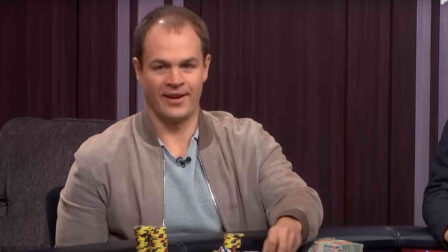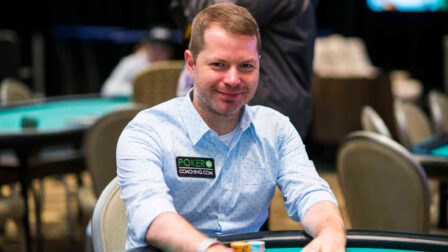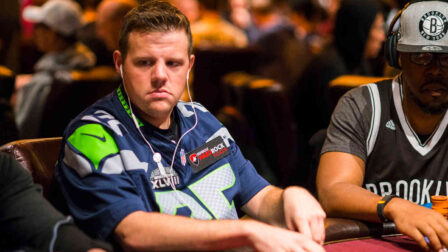Top Mindset and Lifestyle Challenges that Serious Poker Players Face
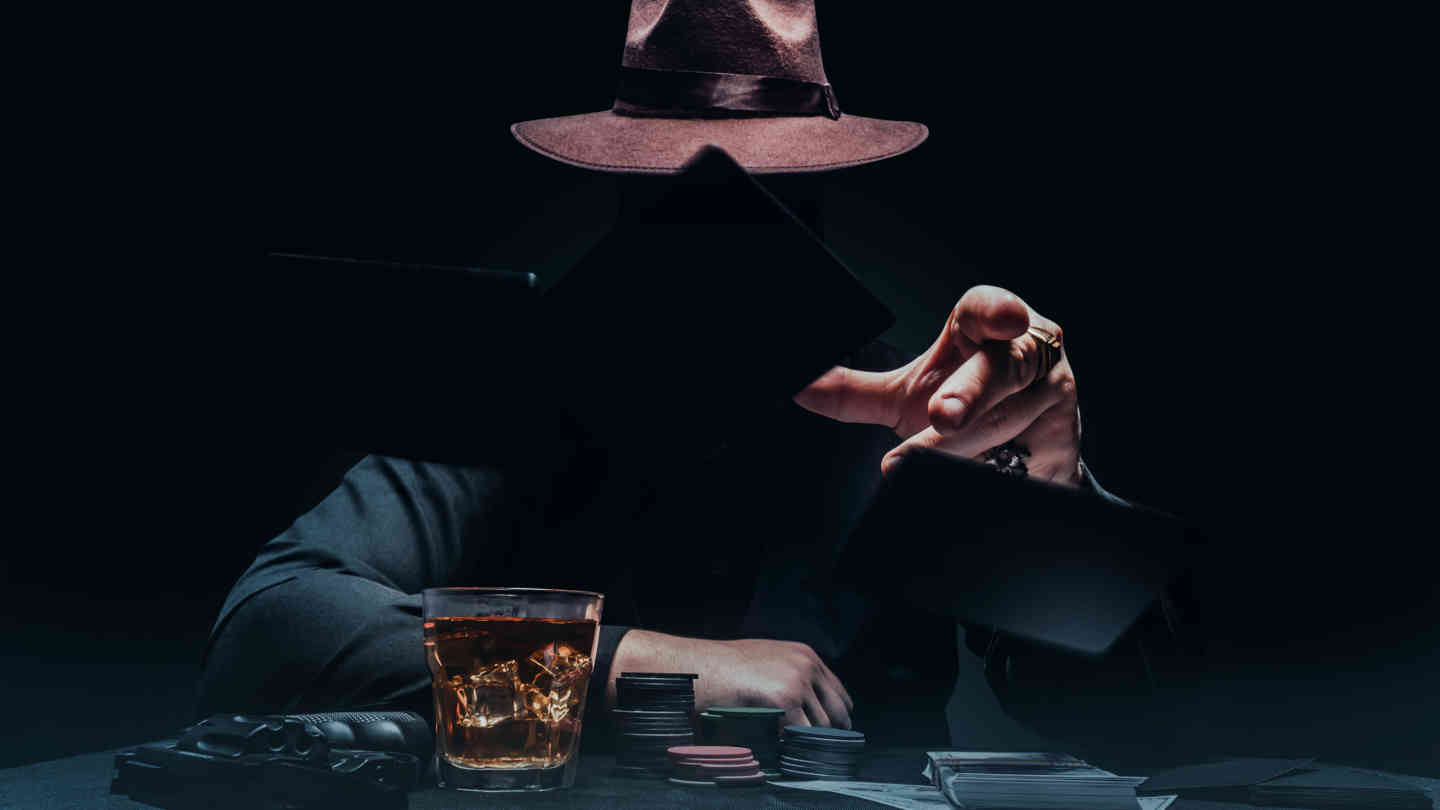
8 minutes
Last Updated: August 17, 2023
Even with all the high-quality strategy content that is available in 2023, serious poker players still struggle to navigate the treacherous terrain of the poker landscape.
Some of them do have the talent and the drive to be successful, but poker presents a unique set of pitfalls that can derail even the best players.
For anyone that is looking to become a poker professional or semi-professional with their eyes wide open, this article is for you. Here are the top five poker lifestyle and mindset challenges as well as some tips for dealing with them.
5) There Is a Lack of Societal Understanding and Recognition for Poker
Although poker’s stigma is somewhat less than it was a few decades ago, poker is still linked in the minds of many people to degeneracy and other forms of gambling that are not skill-based.
For poker professionals who care what other people think of them and their line of work, going to cocktail parties and family gatherings will have a challenging wrinkle to them.
Tips
When a well-intentioned person asks whether you can count cards or tells you to quit while you're ahead, take a deep breath and feel out whether this person might be interested in having a deeper conversation about how poker really works.
If they already have their mind made up about poker, it’s best to gently redirect to a different topic.
Try to remember the many positives of being a serious poker player and accept that for now, societal misunderstanding is just one cost of doing business. This uncomfortable experience is a great opportunity to practice caring less about what other people think.
4) Poker Can Be Hard to Balance with Friends, Family, and Health

In order to overcome short-term variance and see long-term results, poker players must put in many hours at the table. Then, study time is required to review these sessions and stay sharp.
Poker is not unique in the sense that it must be treated like a job to achieve success. But the difference is the specific hours of operation. As every serious player knows, the best poker games are typically on weekend nights and run late.
It is easy to fall into the trap of neglecting friends and family at those times for fear of missing out. Then after playing until 4am, some players also become unavailable the next day, too sleepy to function, as if they are recovering from a poker-induced hangover.
This irregular sleep schedule, combined with unhealthy casino food and a sedentary, time-consuming activity, can take a severe toll on one’s health if they are not planned for properly.
Tips
Schedule physical exercise before every poker session. It doesn’t need to be overly strenuous, but at least by breaking a sweat and getting your heart rate up, you’ll counteract the negative effects of sitting for a long time.
If there aren’t enough healthy food options at the casino, be sure to pack a healthy meal of your own.
Plan out a schedule that prioritizes making time for friends and family while balancing your desire to play in great poker games.
If you are unable to develop and commit to this type of routine, hire a poker coach who can essentially function like a personal trainer to ensure that poker plays a healthy role in your life.
3) Poker’s Variance Can Make It Challenging to Plan Financially
Imagine going on a downswing at the same time that an unexpected major expense presents itself. If you do not have a plan for this scenario, you are setting yourself up for major stress. And of course, you won’t be receiving health insurance through poker, either.
There will be inevitable break-even and losing stretches as a poker player which are completely normal. In addition, available games, rake structures, and player pools can change each year and present new challenges. The key is preparing for these hard times well in advance.
Tips
First, remember that poker ironically comes with its own sources of stability: You cannot be laid off like you can from a regular job!
In addition, even though short-term results are impossible to predict, if you have a healthy track record of success (over 2,000 hours of live poker experience or 100,000 poker hands online), you can expect your results to move closer to your average win-rate as your sample expands.
Never overreact to short-term variance, and trust that over the course of a 6-month to 1-year sample, your results will usually become more in line with what you are accustomed to seeing.
In the meantime, your poker bankroll should be exclusively used for poker and not other life expenses.
Cash game wins and tournament scores should be reinvested back into the bankroll rather than being used for extravagant purchases.
These savings will help you weather the storms from downswings. It then becomes crucial to have at least a 6-month rainy day fund set aside so your poker bankroll can remain unaffected by unexpected life events.
If you find that even with this gameplan, you are still frequently stressed out by finances, it will be important to find a part-time job to provide an additional source of revenue.
2) Some Experience Guilt After Beating Other in a Zero-Sum Game
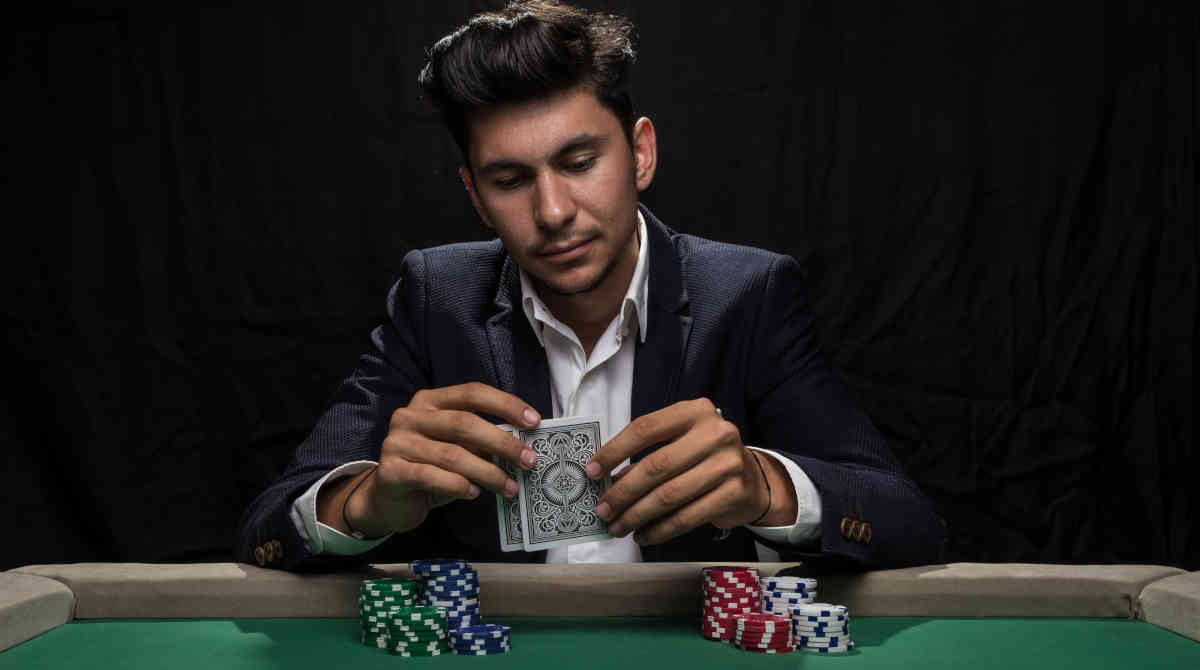
We cannot avoid the elephant in the room that in order to win at poker, someone else must lose. Even for people that love thinking about poker strategy and the intricacies of the game, this cutthroat element of the game can be unsavory.
Especially for people that are naturally wired to be sensitive and empathetic, this aspect of poker can present major mindset hurdles. One must come to peace with this part of the game or they will invariably self-sabotage their level of play.
Tips
One should never sit down at a poker table if they are conflicted about this. To get past any internal doubt, it is important to remember that everyone else at the table is an adult that has consented to put their money at risk.
They made this choice prior to you even showing up for the game, and they do not plan to take it easy on you.
In addition, the golden rule of poker is to always play with money that one can afford to lose. Similar to other rules of the game, one must have faith that opponents are abiding by them. Unless you have evidence to the contrary, you should assume that your opponents are following this rule the same way you are.
This will enable you to play your best game without guilt or other reservations. If you learn this is not the case, you can ideally find a new game.
1) Poker Involves a Lot of Losing Sessions, No Matter How Good You Are
Poker tends to attract ultra-competitive people who cannot stand losing. Many forms of tilt are connected to this.
Some players force plays that aren’t there during a losing session because of a need to get back to even. Ultimately, this stems from an inability to sit with the temporary feeling of diminishment that comes from losing.
Other players lose motivation for the game and for studying away from the table while losing. Especially after a string of bad beats, they feel the results of the game are so wildly out of their control that studying cannot possibly help.
Tips
This aspect of poker can be draining at first to those who do not work on their mental game. It must be understood that even elite players still lose 1/3 of their sessions or more due to the luck involved in poker. The real problem is the way losing is being defined.
Anyone who defines winning or losing in the short-term is doing themselves a major disservice. They are incorrectly thinking of an individual session like a sporting event to be won.
A poker session is more analogous to each team having the ball a few times and then the game being postponed prematurely to be continued over the coming days, weeks, and months.
To be more precise, poker is much closer to a meditation retreat than a sporting event given the immense amount of inactivity and observation that are involved if playing with discipline (for players that are involved in every hand, it is more like a sporting event).
Poker players should, of course, continue studying during difficult times to see if mistakes were compounding the bad luck.
Players should rarely make large strategy overhauls as an immediate reaction to losing.
It cannot be stressed enough how important it is to mentally reframe short-term losing as mere statistical noise until a sufficient sample is gathered.
Without this mindset, poker players are destined to become like bad stock traders that buy high, sell low, and forget all about staying the course.
You Don’t Need to Overcome These Challenges by Yourself
It’s important to note that the technical side of poker is already extremely complex and can take a lifetime to master. But for some, the challenges that are tangential to the game are even harder to overcome.
If you are serious about reaching your full potential as a poker player but are being held back by any of the mindset or lifestyle difficulties mentioned above, do not feel as though you must solve them alone.
The poker landscape can feel like a minefield, but with the help of a guide that knows the terrain, you can ultimately find the right path.
Joel Wald offers high-quality private coaching and instructional videos through his PTO Poker training site. If you have any questions, book a free 30-minute consultation with him to discuss how PTO Poker can help you achieve your poker goals! Book free consultation.






